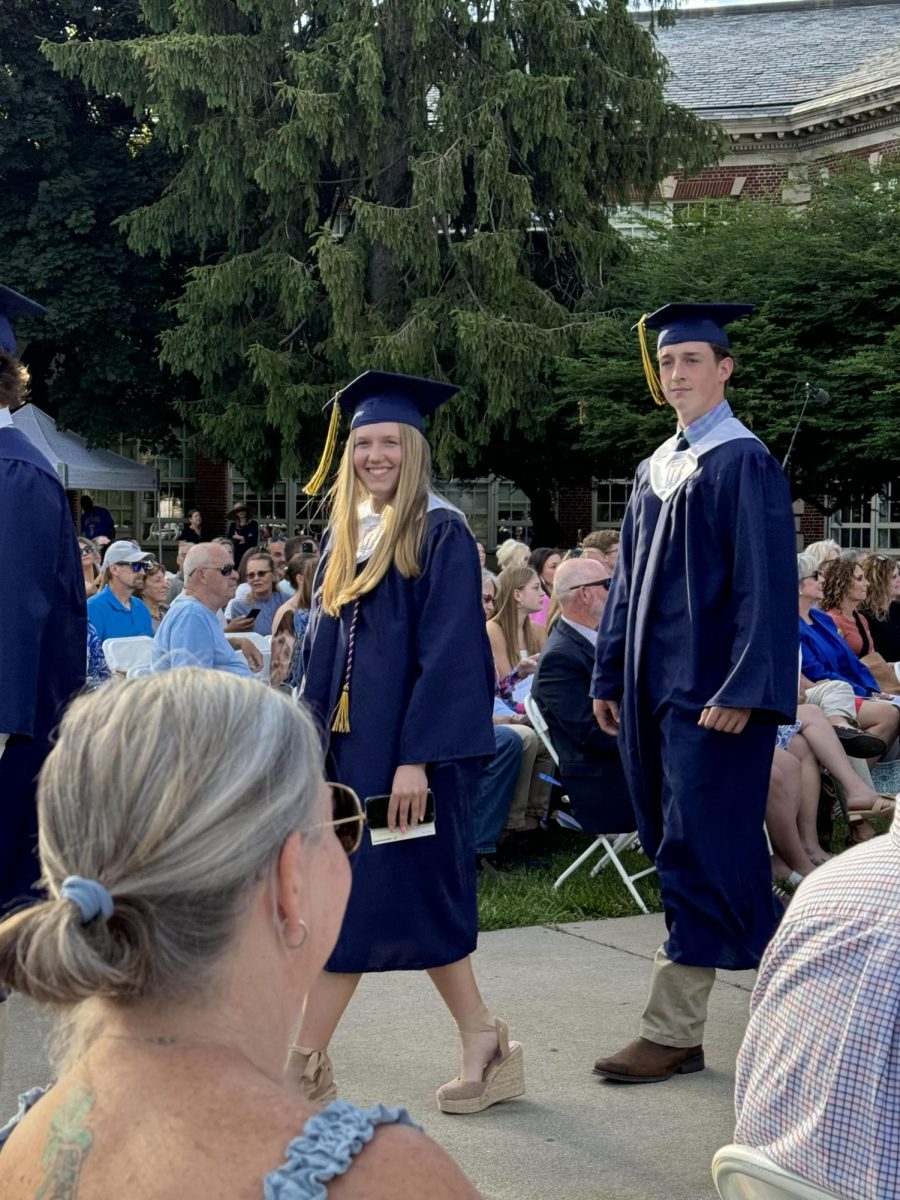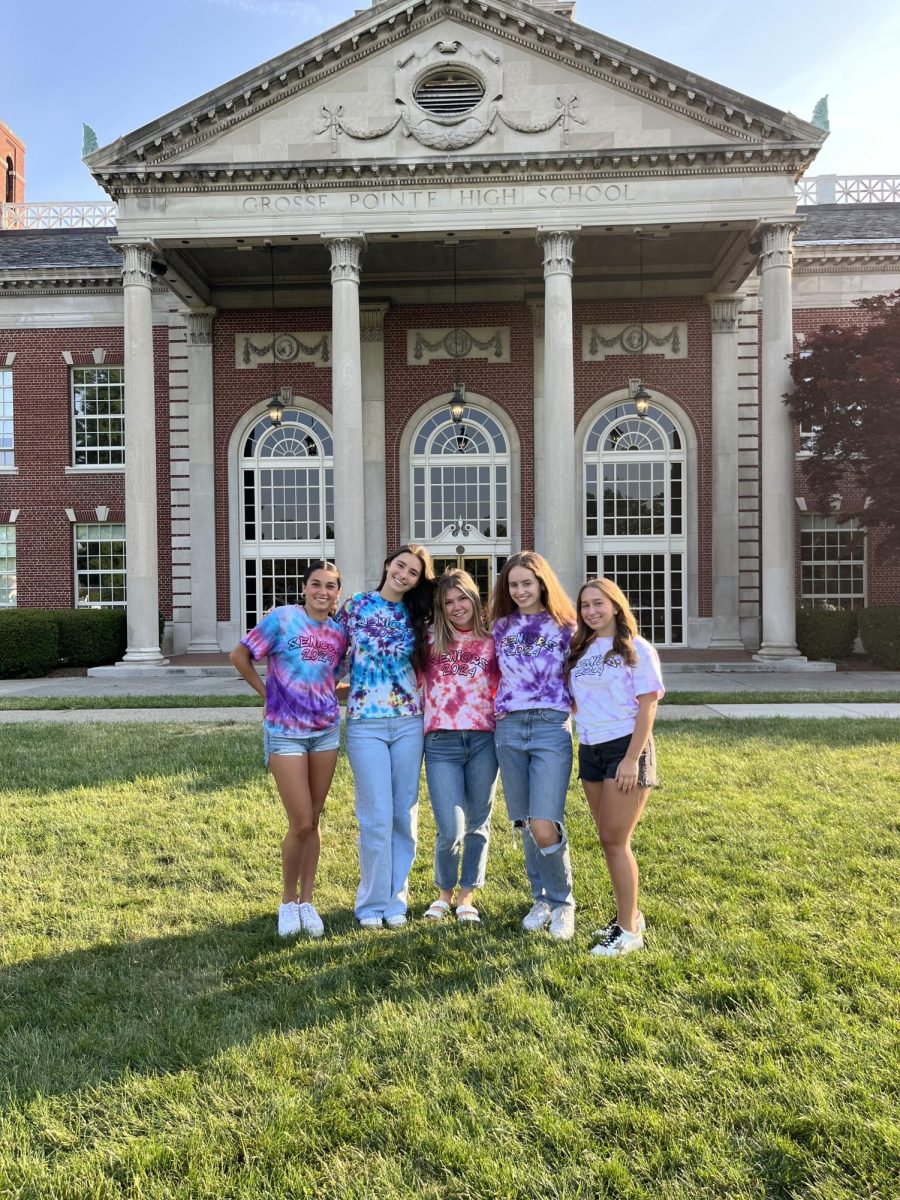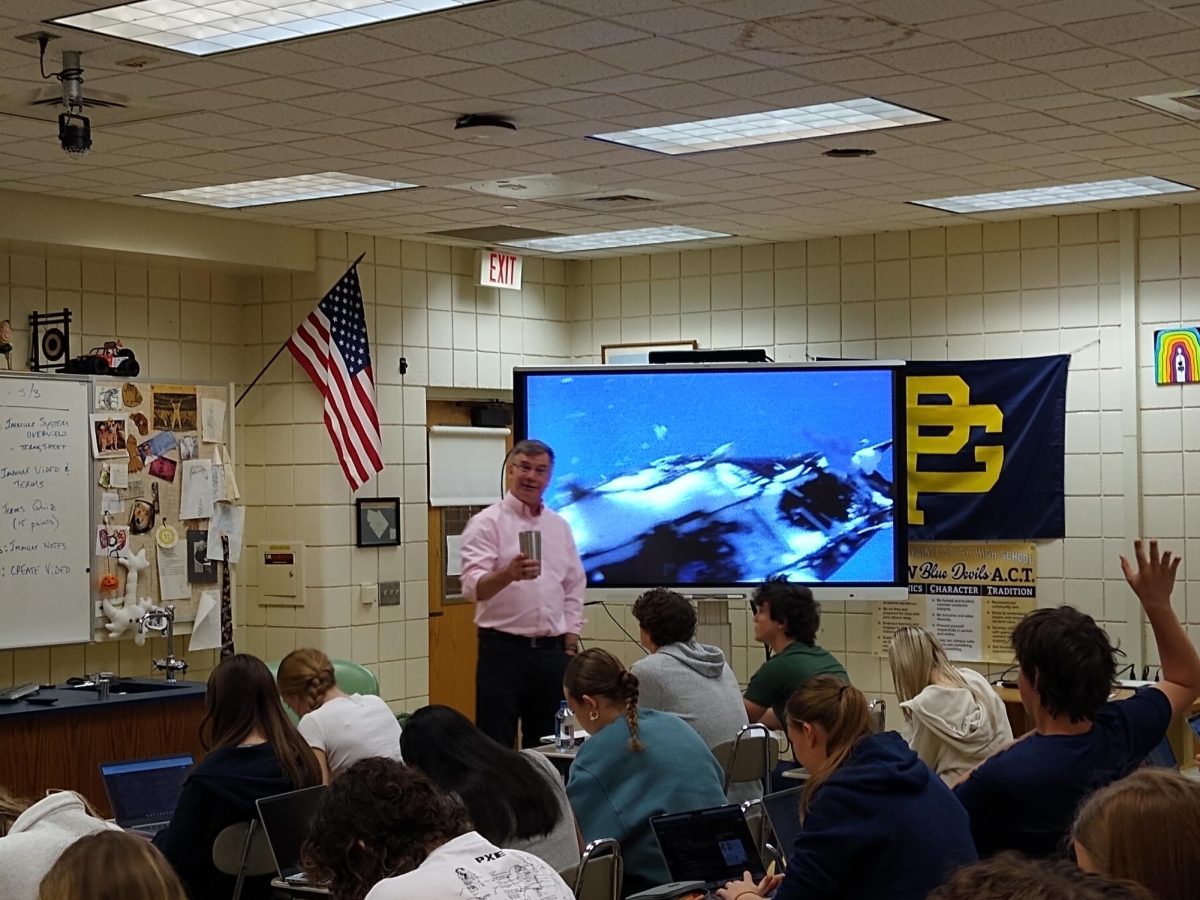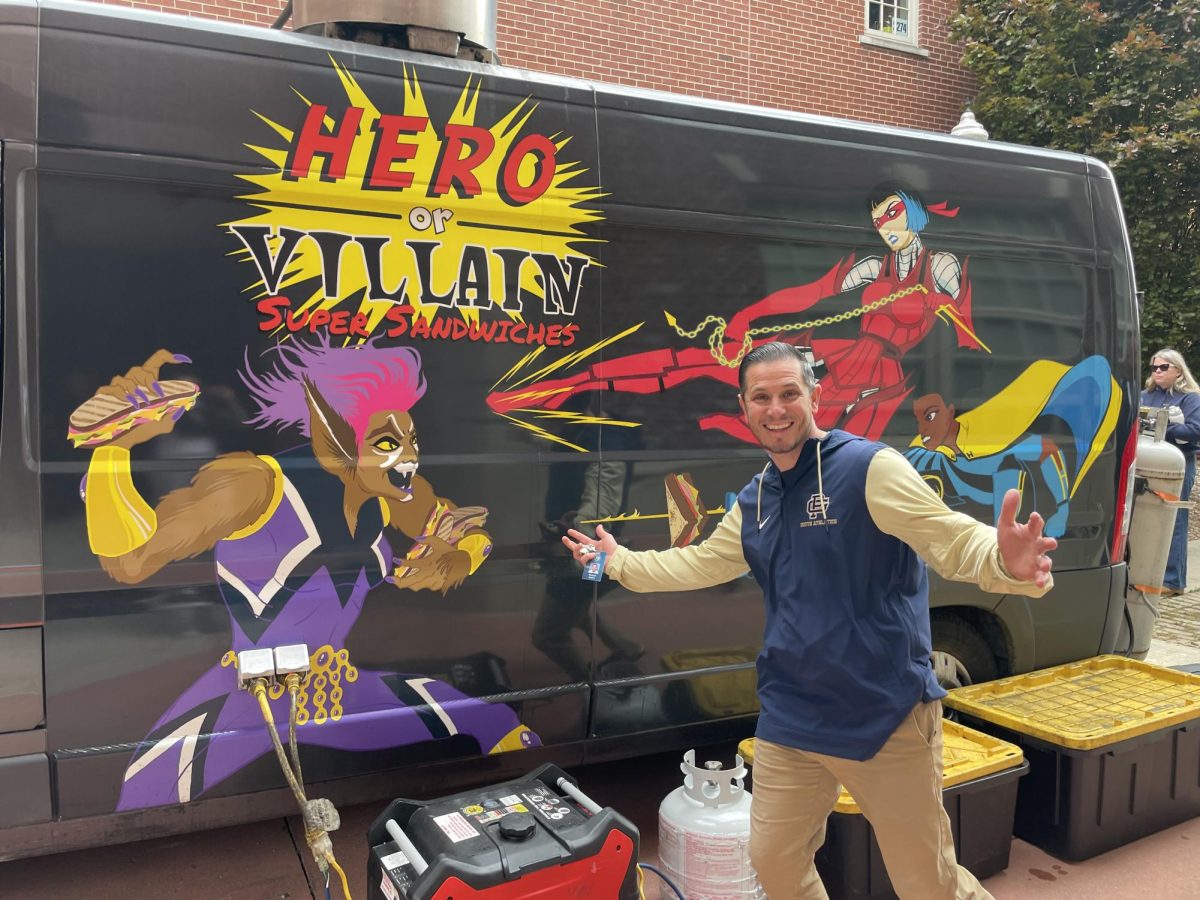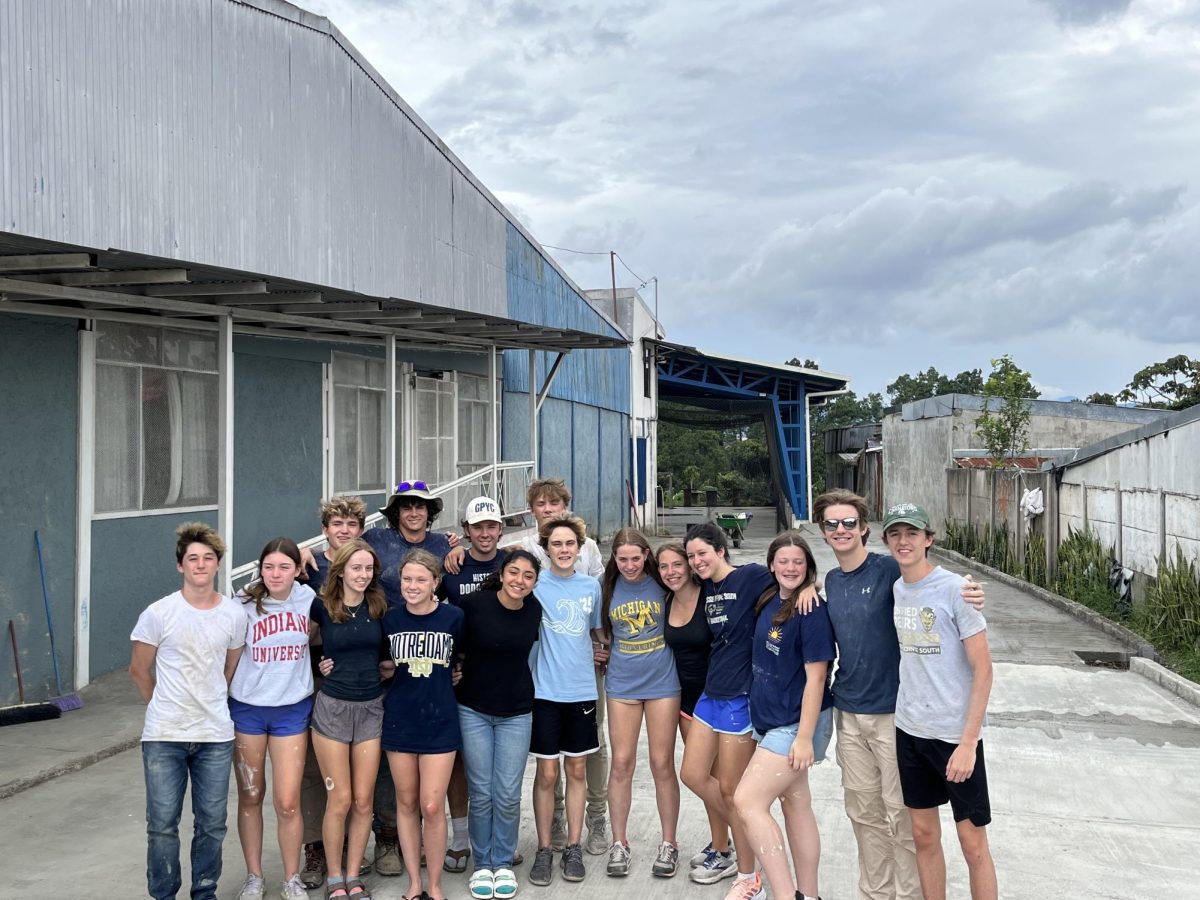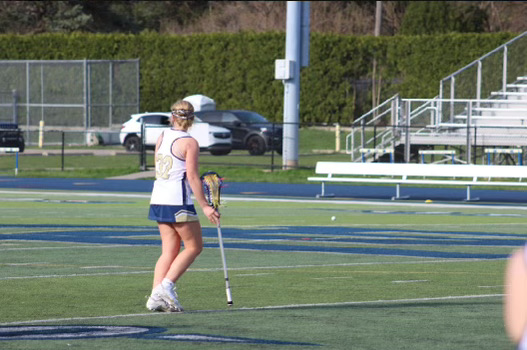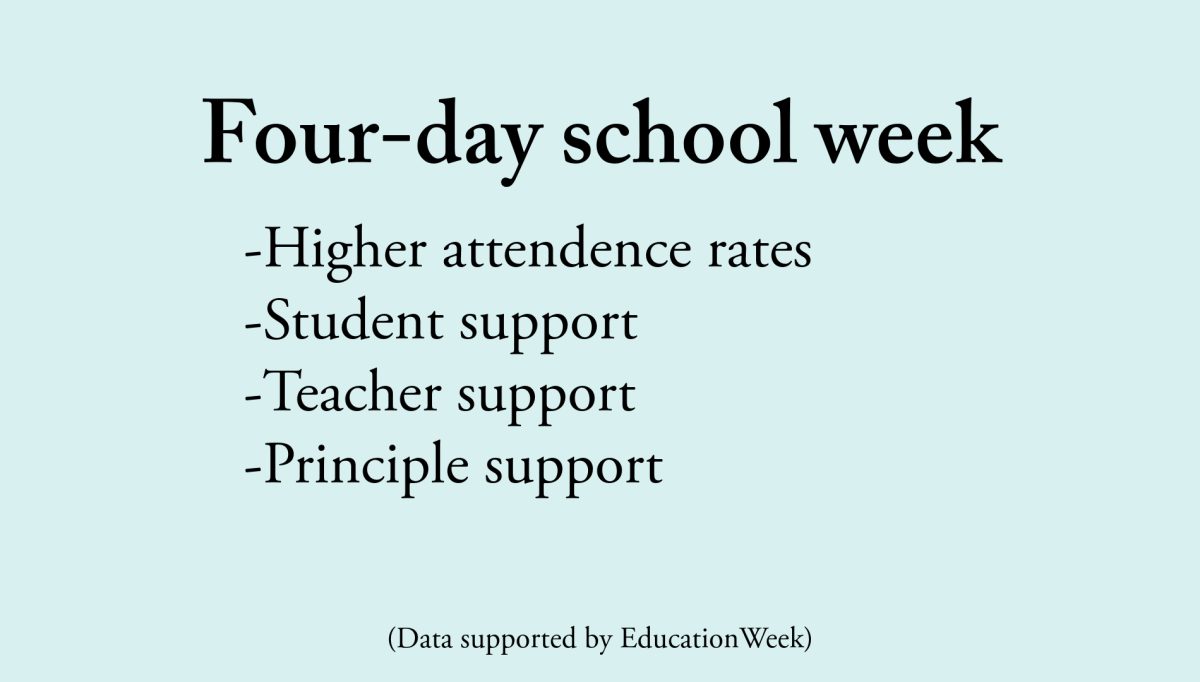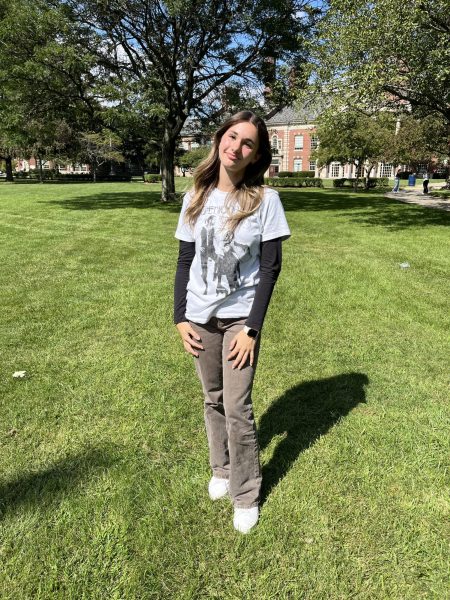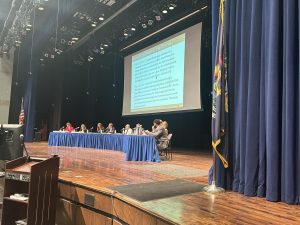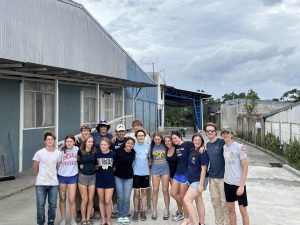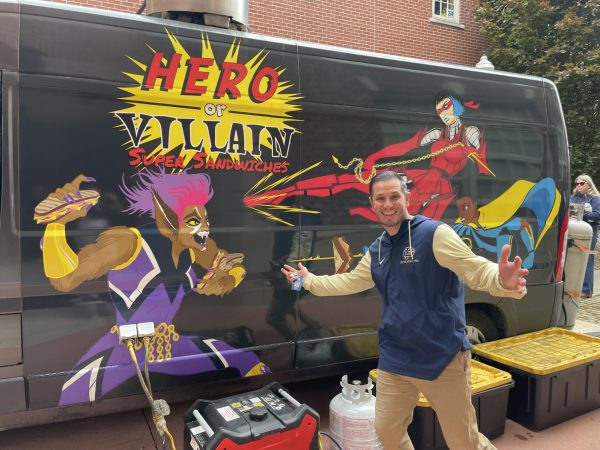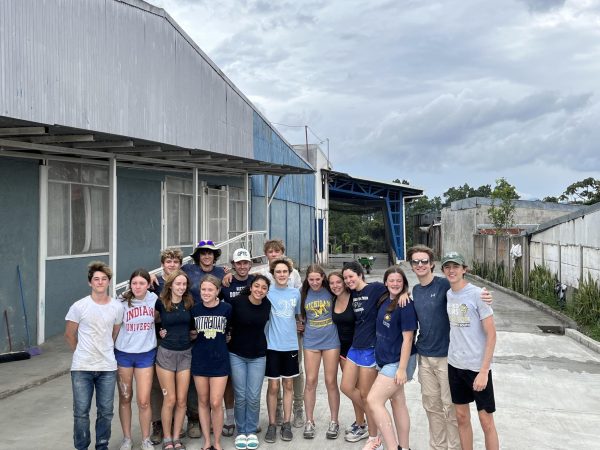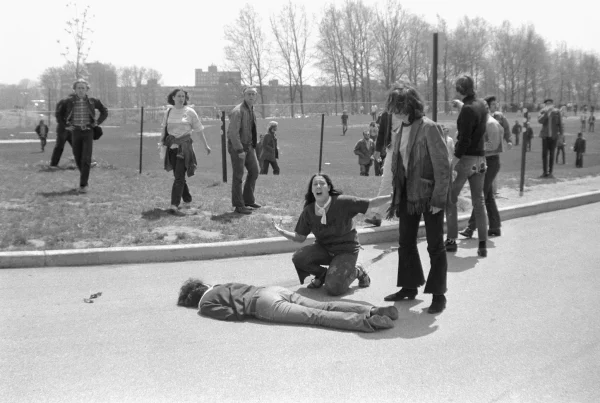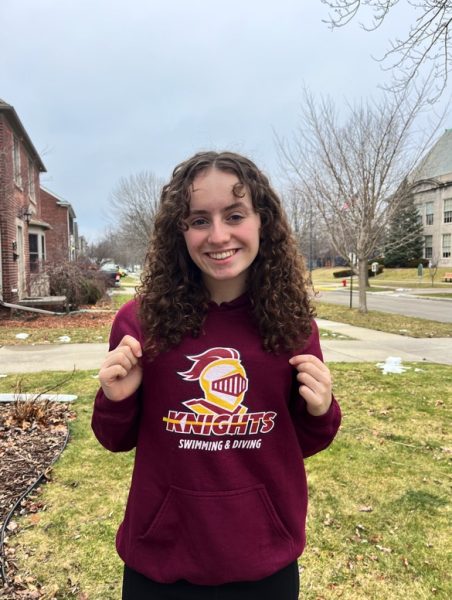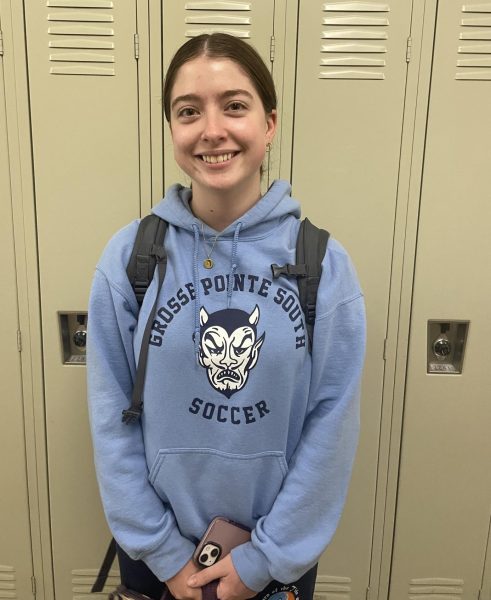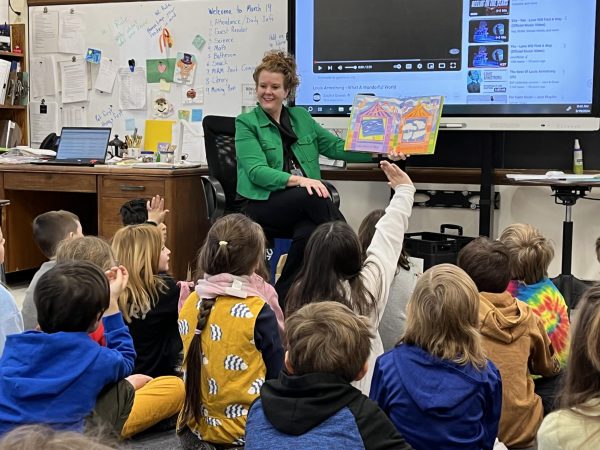Failing to fund the clinic: a look at legalities
February 27, 2023
On Thursday, Jan. 19, the Grosse Pointe Board of Education held a special and last-minute meeting. This meeting regarded the postponement of funding a free clinic at North High School, partially using the district’s sinking funds, a fund that is gradually put aside to fund future expenses. The rest of the money would come from third party organizations who are interested in helping fund the clinic.
According to Anthony L. Deluca, an attorney and counselor in Grosse Pointe, the Grosse Pointe Public School System’s funds are, under section 380.1212 of the Michigan Legislature Revised School Code intended for: “the purchase of real estate for sites for, and the construction and repair of, school buildings, for school security improvements, and for the acquisition or upgrading of technology”. Deluca wrote a letter to the school board requesting that the district not use sinking funds for the clinic, which is part of what prompted this emergency meeting. Initially, Deluca’s firm and the school board’s lawyers, Miller Canfield, disagreed on the interpretation of the terms under section 380.1212 of the Michigan Legislature Revised School Code, and if the importance of the clinic could override them.
The seven members of the board ultimately voted against using sinking funds for the clinic in a 4 to 3 ratio. As of right now, there is no alternative source of funding. This left members of the community against the clinic walking out of the meeting with a grin on their face, and those in favor of the clinic devastated. The meeting further raised the concerns of many for affordable and accessible health care.
Shannon Kane, a member of the community who spoke up at the board meeting, believes the clinic could be highly beneficial for families in the district.
“Having accessible, free health care would be a game changer for not only students, but parents as well,” Kane said. “Waiting for appointment availability with one’s own healthcare provider is unpredictable.”
Kane wasn’t the only individual concerned enough about the clinic to share her opinion at the meeting, 47 others spoke before the board as well. Reneta Conger, the Youth Ministry Coordinator at First English Evangelical Lutheran Church, and a mother with a child in the district, was one. She believes the need for this free clinic is statistically obvious. Conger states that North was chosen by Corewall and the Michigan Department of Health and Human Services (MDHHS) over a large number of applicants who wanted assistance funding a clinic in Michigan. Each year, before investing $350,000 into a clinic of their choice, they conduct research on what area would benefit most from the money.
“Corewall and the MDHHS chose North as a clinic location due to the statistical need in the community,” Conger said. “Based on their research, it was found that 26% of GPN students are economically disadvantaged and struggle to access quality mental and physical health care.”
Even though the use of sinking funds to pay for the clinic was ultimately deemed unlawful by the board, many believe that they shouldn’t abandon the idea altogether. The clinic would assist students with asthma, diabetes and mental health disorders, along with many other contributing factors to overall health and wellness. It is of Conger’s belief, as well as many others’, that mental and physical health have a clear correlation with academic success.
“The clinic would be a potentially life changing opportunity for North, not just that 26%, but their classmates and teachers as well,” Conger said. “When all students have access to quality (health) care, attendance, grades and school morale increase. Who wouldn’t want that for Grosse Pointe?”

